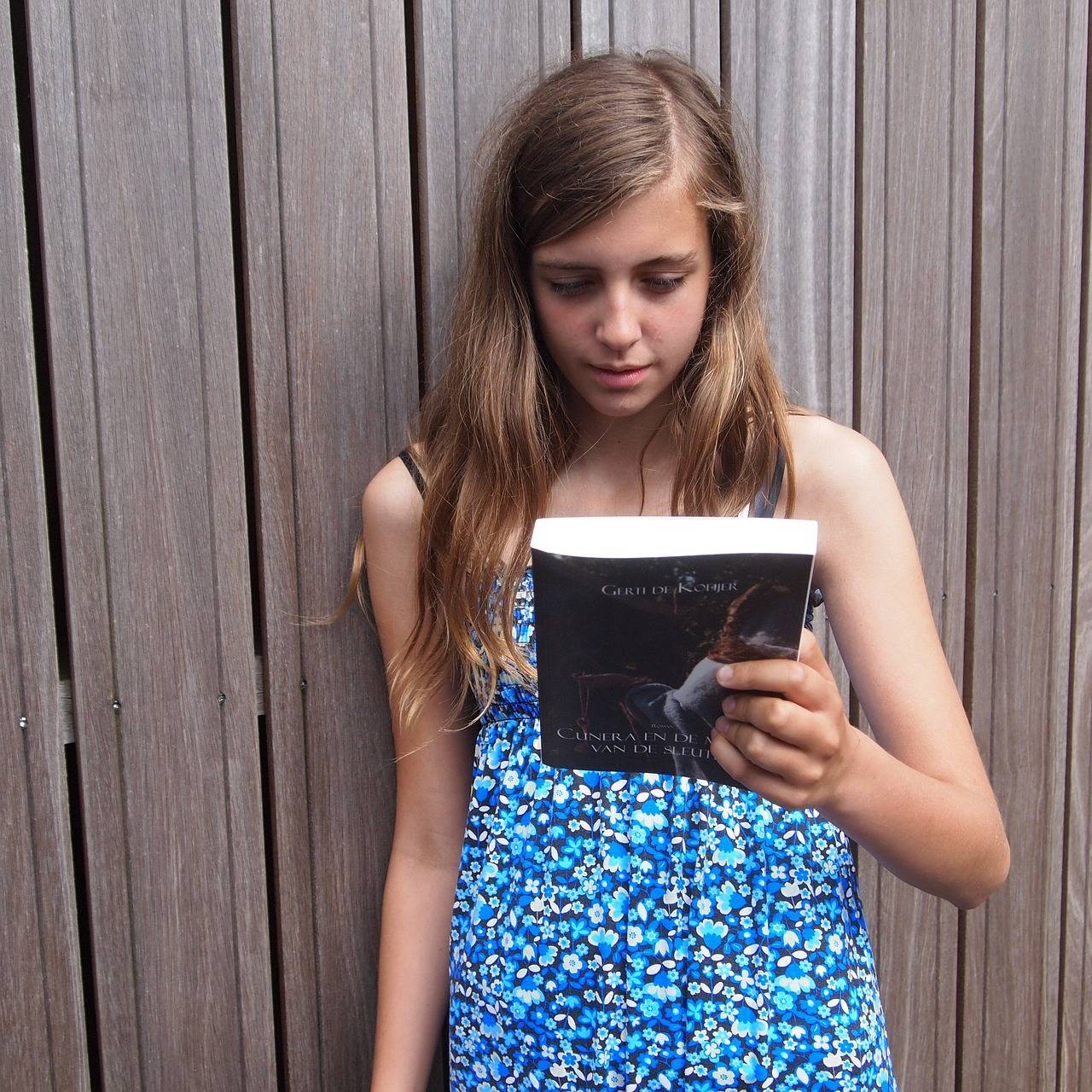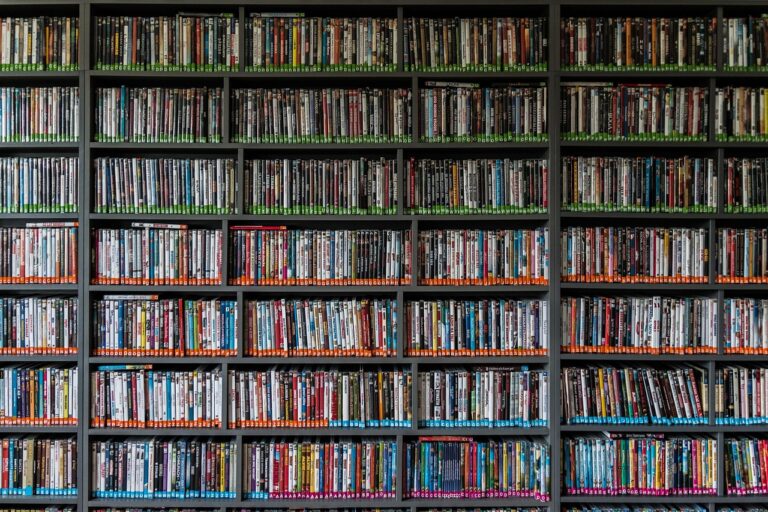Examining the Role of Music Therapy in After-School Healing: World 7.com, Mahadev book login id and password, Silver exchange demo id
world 7.com, mahadev book login id and password, silver exchange demo id: Music therapy has long been recognized for its healing properties, particularly in the field of mental health. In recent years, there has been a growing interest in utilizing music therapy as a tool for healing and emotional support in after-school programs. These programs provide a safe and nurturing environment for children and teenagers to engage in activities that promote growth and development outside of the traditional school setting.
Exploring the Role of Music Therapy in After-School Healing
Music therapy involves using music as a therapeutic tool to address physical, emotional, cognitive, and social needs. In after-school programs, it can be particularly effective in helping young people process their emotions, build self-esteem, and develop healthy coping mechanisms. Here are some key ways in which music therapy can play a crucial role in after-school healing:
1. Emotional Expression: Music has the unique ability to evoke and express emotions that can be difficult to articulate with words. Through music therapy, young people can explore and process their feelings in a safe and supportive environment.
2. Stress Relief: Listening to or creating music can be a powerful stress-reliever. In after-school programs, music therapy sessions can help students unwind and relax after a long day at school.
3. Social Connection: Music has the power to bring people together and foster a sense of community. Group music therapy sessions in after-school programs can help students build connections with their peers and develop important social skills.
4. Self-Expression: Music therapy encourages individuals to express themselves creatively and authentically. For young people who may struggle to find their voice, music can be a powerful tool for self-expression.
5. Cognitive Development: Engaging in music therapy can have a positive impact on cognitive skills such as memory, attention, and problem-solving. Through activities like learning to play an instrument or write a song, students can strengthen their cognitive abilities.
6. Confidence Building: Music therapy can boost self-confidence and self-esteem by providing students with opportunities to succeed and develop new skills. Learning to play an instrument or perform a song can be a source of pride and accomplishment.
FAQs
1. What qualifications do music therapists have?
Music therapists are required to complete a bachelor’s degree in music therapy from an accredited program, followed by a clinical internship and board certification exam.
2. Can anyone benefit from music therapy?
Yes, music therapy can benefit people of all ages and abilities. It is a versatile and adaptable form of therapy that can be tailored to meet the specific needs of each individual.
3. How can I incorporate music therapy into my after-school program?
You can start by reaching out to a qualified music therapist who can design a program tailored to your students’ needs and interests. Consider integrating music therapy sessions into your program schedule on a regular basis to provide ongoing support and healing for your students.
In conclusion, music therapy has the potential to play a valuable role in after-school healing by providing young people with a creative and expressive outlet for processing their emotions and developing essential life skills. By incorporating music therapy into after-school programs, educators and program leaders can create a nurturing environment that supports the holistic well-being of their students.







